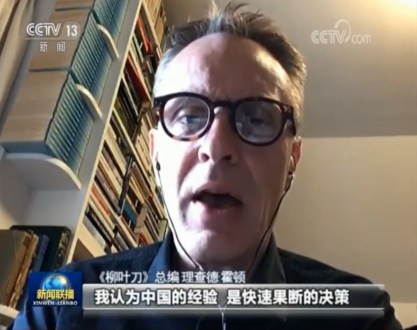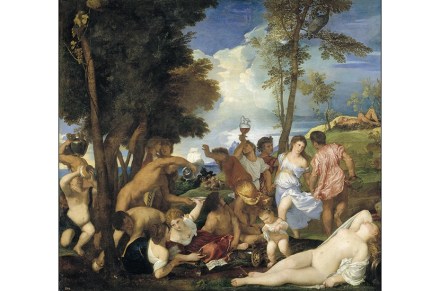The Lancet, China and the origins of coronavirus
Right from its first issue in 1823, the Lancet was more than just an ordinary medical journal. Its founding editor, the dyspeptic surgeon and coroner Thomas Wakley, purposefully gave the journal the name of a sharp scalpel that could cut away useless, diseased tissue: he used it as a campaigning organ, to push back against injustice, bad ideas and bad practice. What bothered Wakley most was the establishment. Not only did the Royal College of Surgeons care little about quacks and snake-oil salesmen, but its members were also engaged in corruption and nepotism, ensuring that their cronies got the best positions and filling their pockets with lecture fees. Wakley wrote




